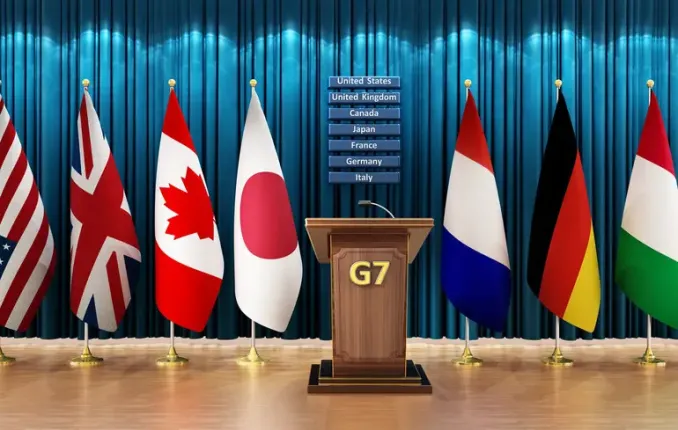G7 Urges Renewed Negotiations on Iran Nuclear Deal Amid Regional Tensions

On Monday, June 30, the foreign ministers of the G7 countries issued a joint statement expressing support for a ceasefire between Israel and Iran and strongly urging the resumption of diplomatic talks concerning Iran's nuclear program. According to Reuters, the statement emphasizes that the international community must intensify efforts to achieve a comprehensive, verifiable, and long-term nuclear agreement with Tehran. The ministers highlighted the importance of all parties avoiding actions that could further destabilize an already volatile region, which has been plagued by conflict and unrest, especially in light of the ongoing Gaza war since 2023. The declaration also condemned threats made against IAEA Director Rafael Grossi, following published statements in Iranian media calling for his trial and execution under accusations of espionage and being an Israeli agent. Notably, on June 12, the IAEA Board of Governors—comprising 35 nations—publicly announced that Iran had violated its non-proliferation commitments for the first time in nearly two decades. Iran maintains that its nuclear activities are solely for civilian purposes and remains a signatory of the Nuclear Non-Proliferation Treaty (NPT). Last week, U.S. President Donald Trump announced a ceasefire between Israel and Iran, halting the military escalation that began on June 13 when Israel conducted strikes on Iranian nuclear sites. The Israel-Iran conflict has heightened regional anxiety, already strained by the ongoing Gaza war that has persisted since 2023. Before the ceasefire, the U.S. joined Israel in military strikes against Iranian nuclear facilities, prompting Iran to retaliate with attacks on a U.S. base in Qatar. Since April, negotiations have been underway between the U.S. and Iran, seeking a diplomatic resolution to the nuclear issue. Tehran insists its program is purely peaceful, though Israel and its allies demand guarantees that Iran will not develop nuclear weapons. U.S. Special Envoy Steve Vitkoff called the negotiations promising, expressing hope that recent developments might lead Iran to accept American conditions and abandon nuclear weapon ambitions. While some experts believe that Iran’s nuclear program has suffered setbacks due to recent strikes, others warn that Iran may interpret the current situation as an opportunity to pursue nuclear weapons more aggressively, aiming to bolster its regional power and security.

